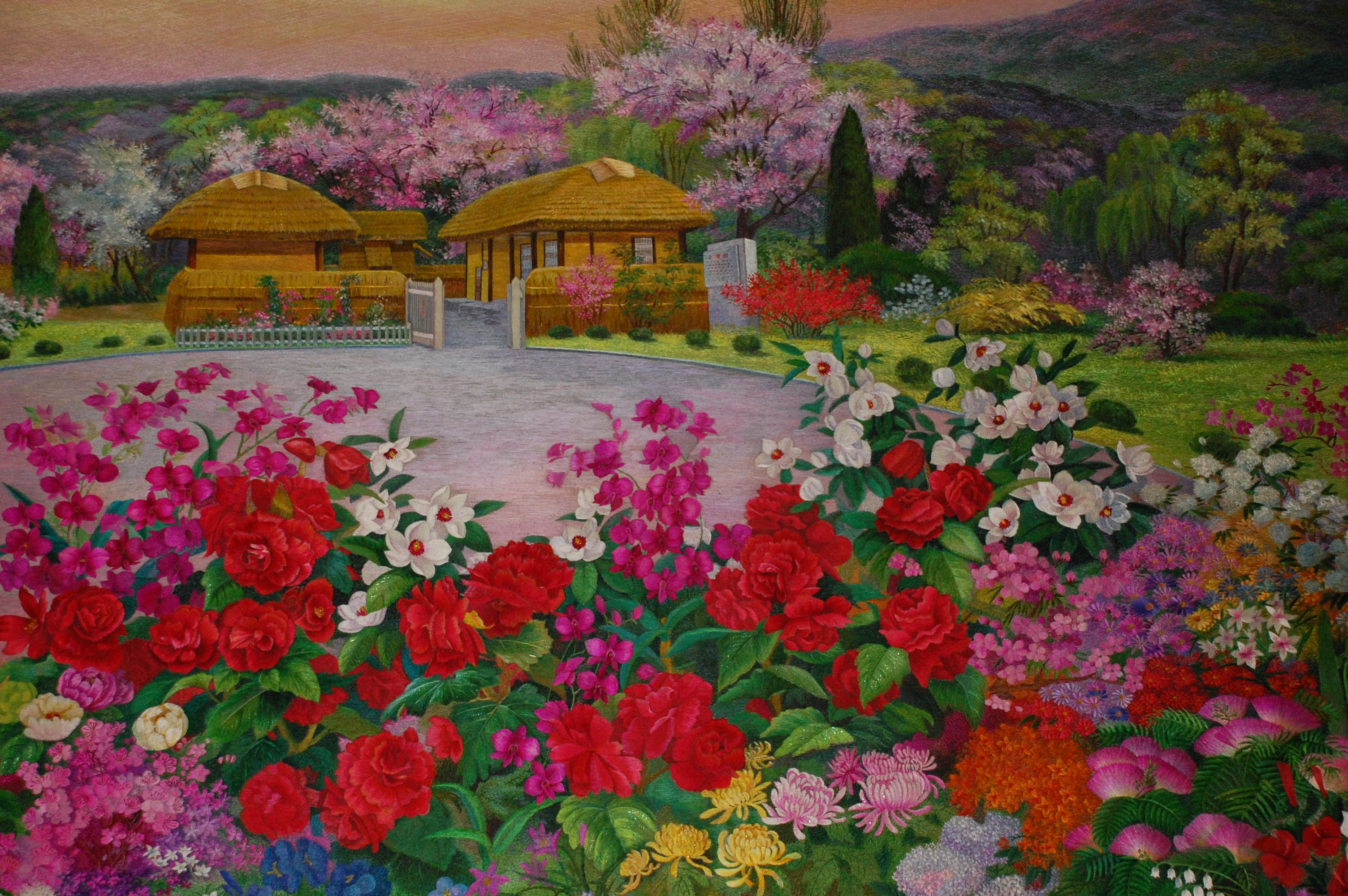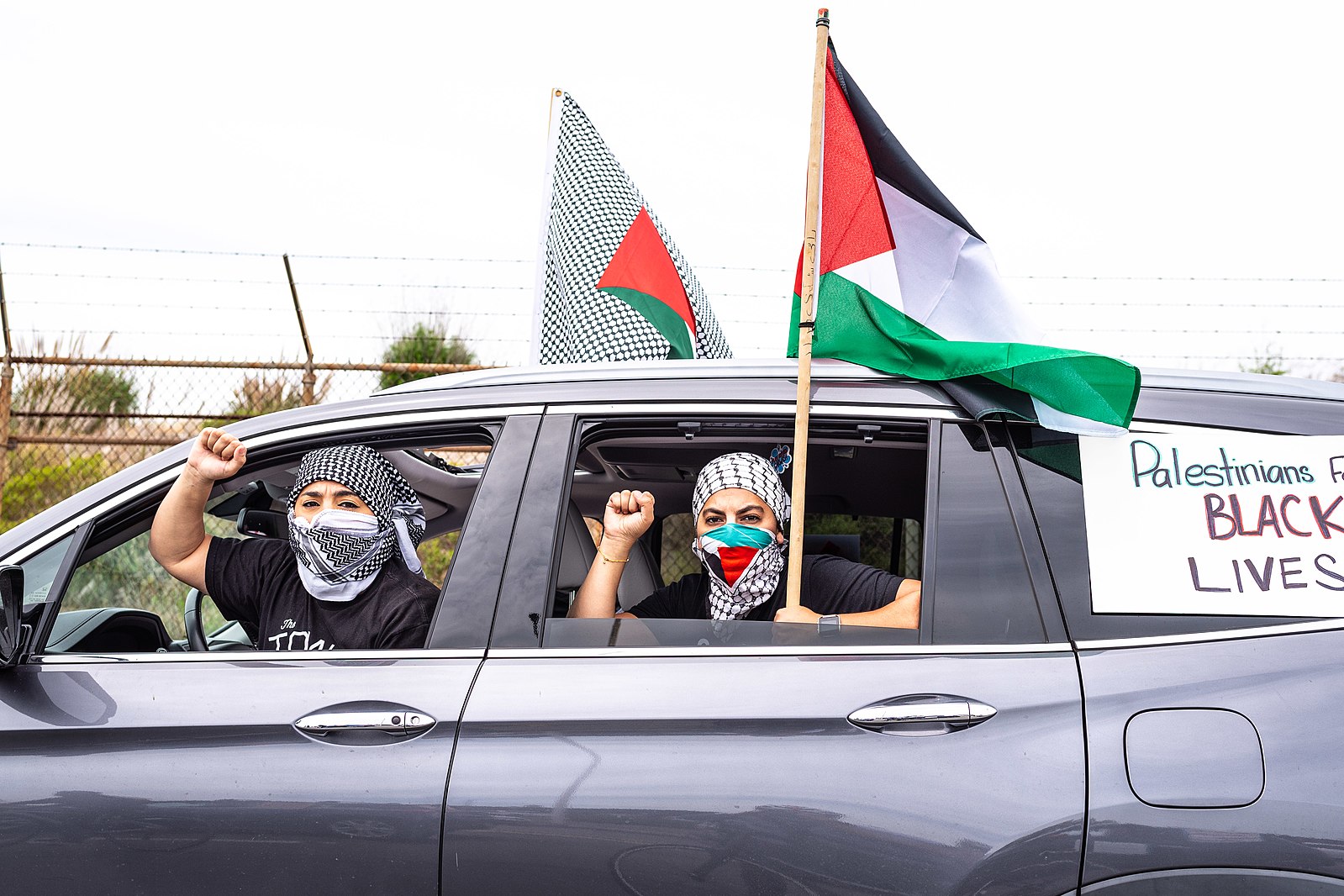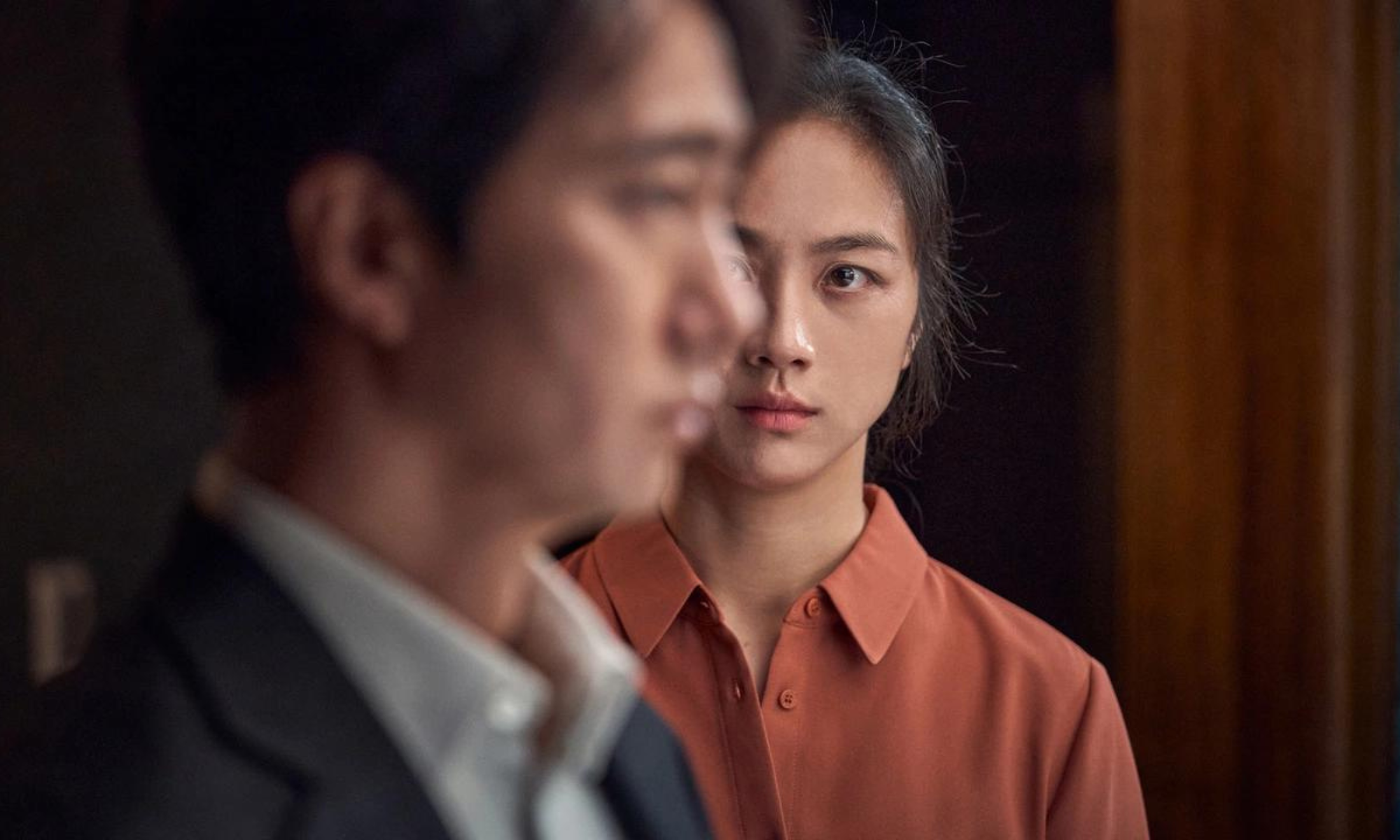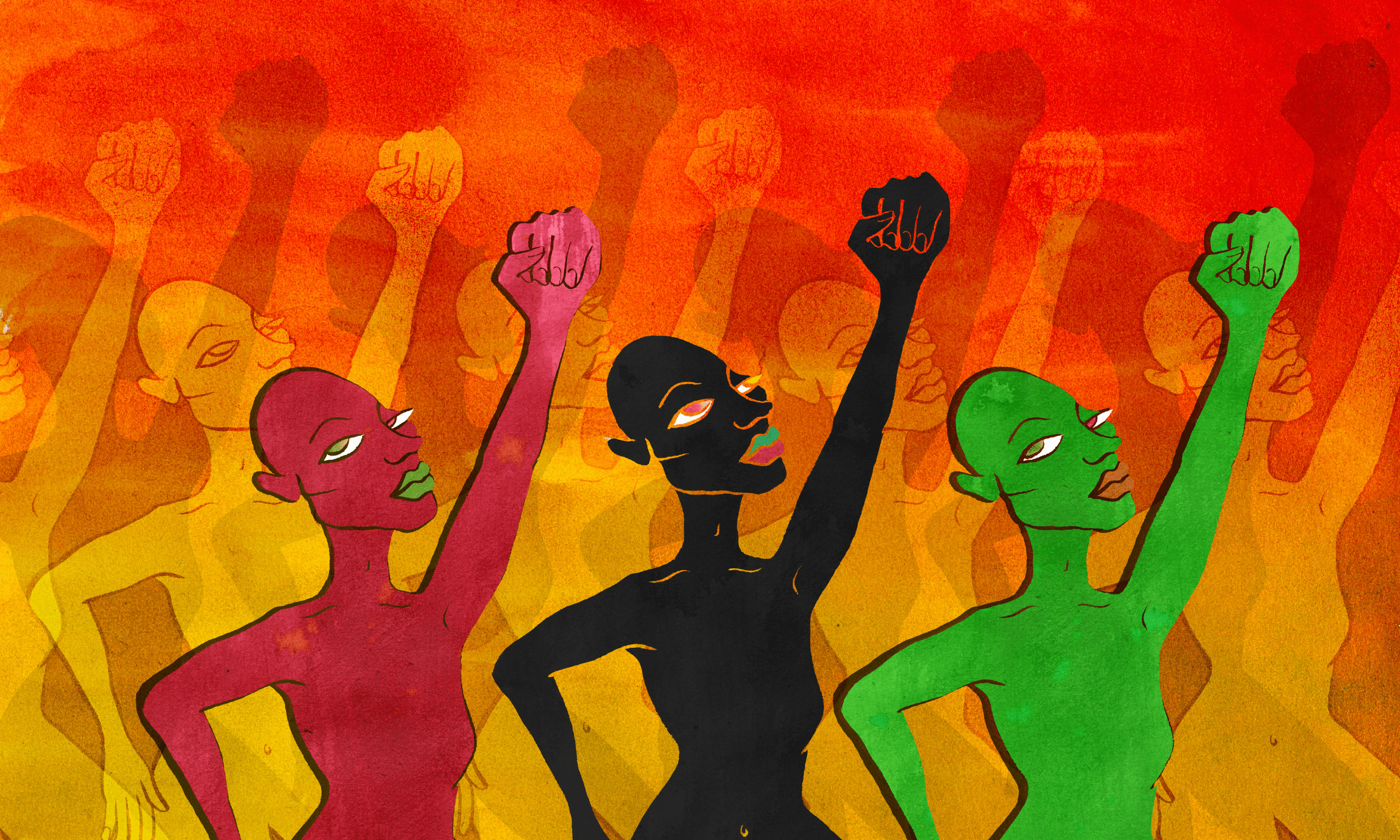
“Your eyes are too small, I can’t even see them” was yelled at me from across a work dinner table. On another occasion when I refused to play a song request from my computer, I was called Kim Jong Un. This comparison even carried into my leaving gift: a photomontage of the North Korean dictator. If I were to get offended it was my fault for being too sensitive, for it was all a joking matter. Casual racism couched in humour is often dismissed for the sake of sustaining congenial relationships, but they effectively overlook the problems of the stereotypes in the first place.
Kim Jong Un is often seen as an overweight, strangely dressed and coiffed leader who has a seeming obsession with Dennis Rodman and nuclear weapons. We may also know him as someone who hired an assassin who wore a “LOL” T-shirt to kill his own brother. These actions and appearances perpetuate the image of a dictator who not only appears outdated but also fails to take the job seriously. Unfortunately, the problem with upholding this characterisation is that it reduces the complexities of the situation in North Korea, and it vilifies this individual as the only obstacle to peace on the peninsula. Beyond comedy, the popular Western construction of Kim Jong Un and North Korea is a flattened, one-dimensional perception of a nation that necessarily negates North Korea’s history in order to justify our fear of it.
“North Korea is yet another example of how America’s governance of the world, and colonial occupation as a process, creates victims”
The reality is complicated. North Korea is yet another example of how Western hegemony, in the form of America’s governance of the world, and colonial occupation as a process, creates victims. To be clear: I do not condone dictatorships. I do not condone the labour camps, the lack of freedom of movement and information, and the other accounts of brutality that has been evidenced under the current regime. Yet I find equally problematic the idolisation of Capitalism and the consistent presence of the American military in South Korea. When we, as the collective Western world, uphold North Korean vilification at the expense of historical reality, we allow ourselves to be fearful of what is “Othered”. In this case, it is Kim and his hermit kingdom that is the so-called enemy of the developed world, and it is repeated, almost daily, by this constant notion of nuclear war. It allows the idea of decimating an entire country for our own perceived safety to not only be considered a solution, but to be considered a preventative solution.
“I cannot emphasise enough the need for we, as people, to look at histories in order to destabilise our notions of nationality”
It is critical that we add depth to the simplistic stereotypes, and view North Korea’s citizens in our likeness, in order to disable the machinery of fear. Re-hashing geo-political events may read like a boring history textbook, but I cannot emphasise enough the need for we, as people, to look at histories in order to destabilise our notions of nationality, race, gender, class and all the other systems that bind us.
Here is a brief and reductive history of the modern Korean peninsula: Japan colonised Korea in 1910. North Korea initially began an independence movement founded by the grandfather of the current dictator, Kim Il Sung. After Japan lost its colonies to America post-World War II, a geopolitical border, currently demarcated as the Demilitarised Zone (DMZ) was created. Most importantly, it was created by America, in order to separate the perceived threat of Marxism that was influencing the North via China and Russia. This historical reality seems to be erased when constructing the Western narrative for a North Korean “hermit kingdom”. Our inability to understand the reasons for its existence and the fervent nationalism of the people further fuels our justifications to fear it.
“North and South Korea have now become mutated reflections of one another, where identity has been constructed and reinforced by their relationship”
South Korea, as a counterpart, is now seen as a developed, democratic reflection of Western values. Seoul, the capital, is an intensely vibrant cityscape of Coca-Cola billboards, Burberry trenches, and cosmetic surgery ads, seemingly everywhere. “K-culture”, in the form of K-pop, Korean dramas and films, is not only noticed, but it is avidly consumed throughout the world. The rhetoric of tragedy on the Korean peninsula, if nuclear fallout were to occur, would be that of South Korea. What seems to be negated is the history of South Korea prior to the 1987 democratisation of the state, where there was a succession of brutal military governments, abetted by America. Such violence effectively reinforced North Korean nationalism in order to combat the Southern aggression. This period of violence seems to be perpetually erased, re-recorded and forgotten.
North and South Korea have now become mutated reflections of one another, where identity has been constructed and reinforced by their relationship. As the North becomes more patriotic to a mythologised narrative of the Kim family, the South delves into an alignment with the West and the materialism and Capitalism that are product to it. The Western standard of rightness hollows out the traumas of a nation of people, in this case, North Korea, and justifies our collective desire to simultaneously mock and fear it. Our ability to construct this unquestioning binary between good and evil is reductive and dehumanises people who are seen as not “us”. In the case of the Koreas, this division makes victims of both nations.

Britain’s policing was built on racism. Abolition is unavoidable

How Pakistan’s Khwaja Sira and transgender communities are fearing and fighting for their futures

Their anti-rape performance went viral globally. Now what?






